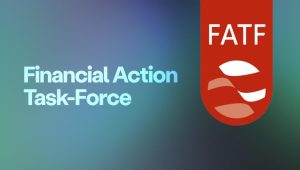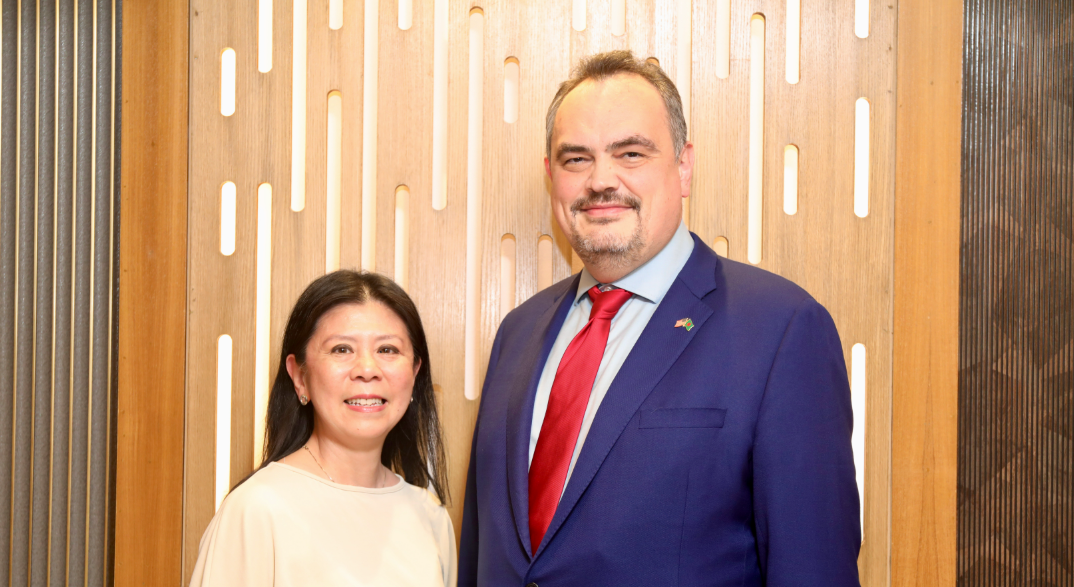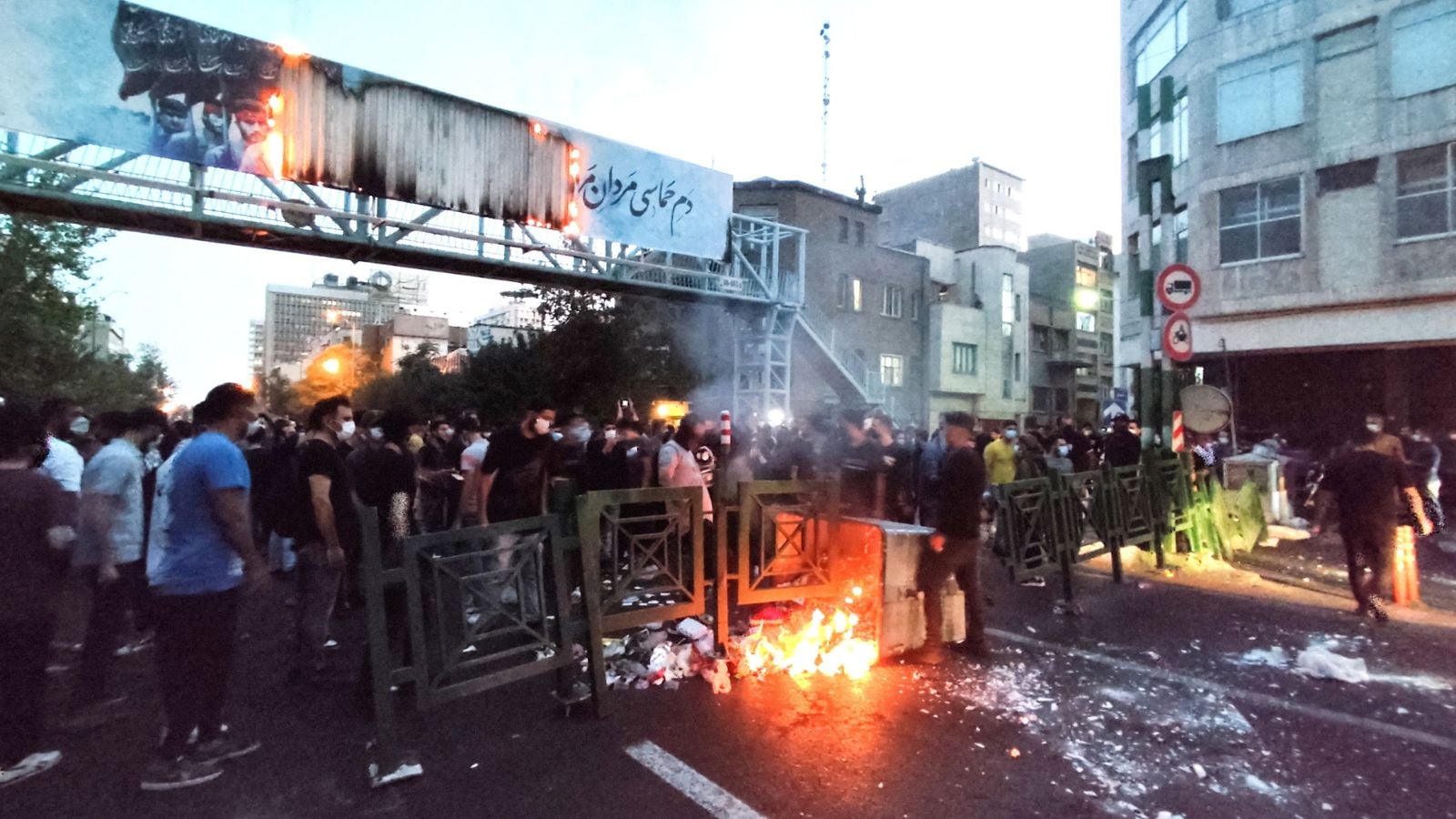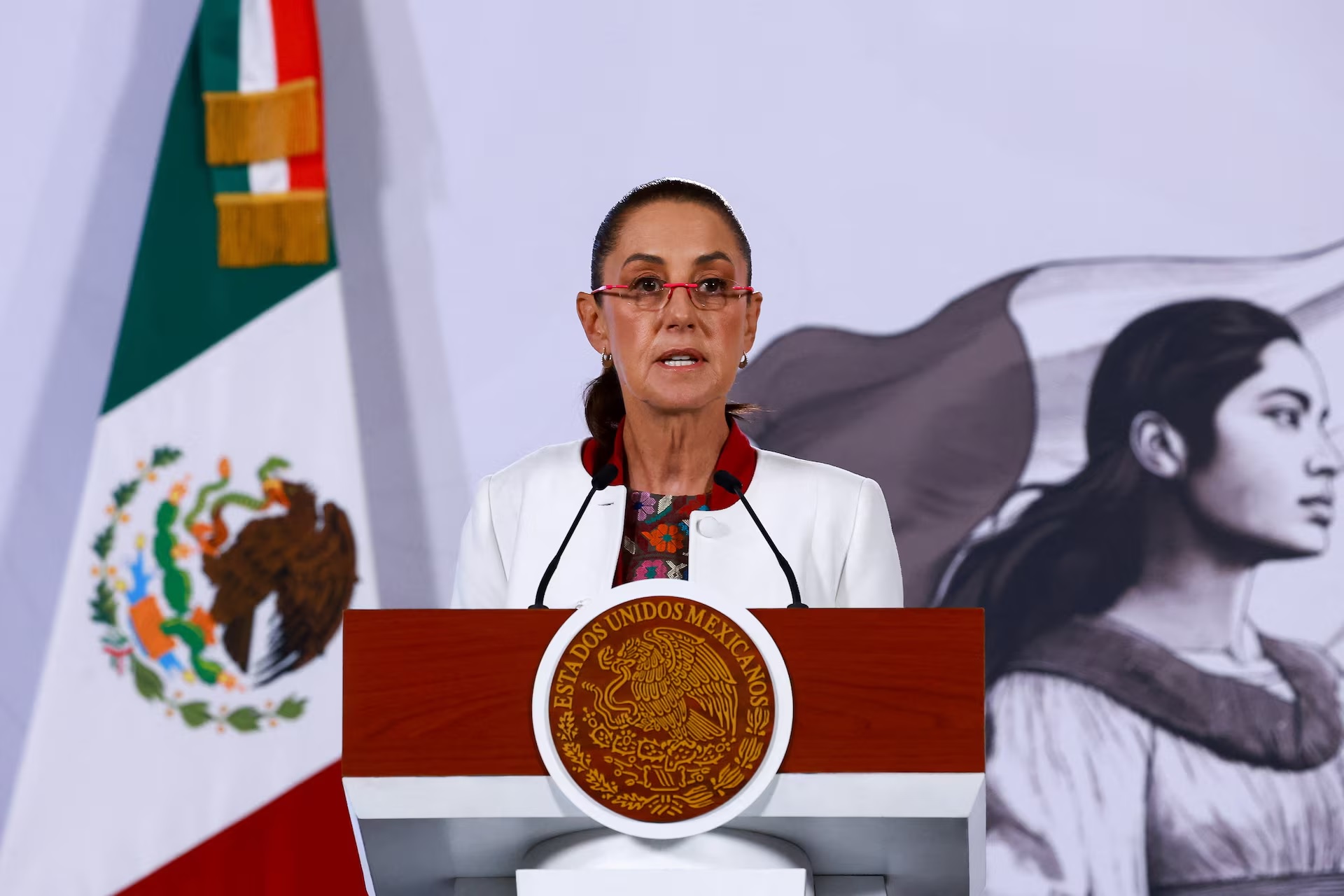Why the IMF Opposes Terrorism Financing

The International Monetary Fund (IMF) actively combats terrorism financing as part of its mission to uphold global financial stability and integrity. This commitment is rooted in recognizing that illicit financial flows, including those funding terrorism, can destabilize economies and undermine international security.
Safeguarding Financial Systems
Terrorist organizations often exploit financial systems to fund their activities, using methods such as money laundering, misuse of charities, and informal value transfer systems like hawala. By infiltrating legitimate financial channels, they can obscure the origins and destinations of funds, making detection challenging. The IMF works to fortify financial institutions against such abuses, ensuring that they are not conduits for illicit financing.
Promoting Global Economic Stability
Illicit financial activities, including terrorism-related, can erode investor confidence, distort markets, and impede economic growth. By assisting member countries in implementing robust anti-money laundering (AML) and countering the financing of terrorism (CFT) frameworks, the IMF helps maintain the integrity of the global financial system.

Enhancing International Cooperation
Terrorism financing is a transnational issue requiring coordinated international responses. The IMF collaborates with organizations like the Financial Action Task Force (FATF) to develop and promote global standards for AML/CFT. Through assessments and technical assistance, the IMF aids countries in aligning with these standards, fostering a unified front against terrorism financing.
IMF’s Role in Combating Terrorism Financing
- Policy Development and Guidance: The IMF advises member countries on strengthening their legal and institutional frameworks to combat terrorism financing effectively.
- Capacity Building: The IMF supports countries in developing the expertise and infrastructure necessary to detect and prevent illicit financial flows through training and technical assistance.
- Assessment and Monitoring: The IMF evaluates member countries’ compliance with international AML/CFT standards, identifying areas for improvement and promoting best practices.
The International Monetary Fund (IMF) integrates Anti-Money Laundering and Combating the Financing of Terrorism (AML/CFT) measures into its financial assistance programs to uphold global financial integrity. By requiring member countries to implement robust AML/CFT frameworks, the IMF aims to prevent the misuse of its funds for illicit activities, including terrorism financing.

Notable Examples of IMF Conditionality Addressing Terrorism Financing
Pakistan (2025): Emphasis on Fund Utilization and Oversight
In May 2025, the IMF approved a $1 billion disbursement to Pakistan under its Extended Fund Facility (EFF). This decision faced criticism from India, which expressed concerns about potential misuse of funds to support state-sponsored cross-border terrorism. Despite these objections, the IMF proceeded with the disbursement, emphasizing the structured conditions and intended reform measures tied to the funding. The IMF underscored the importance of “strong programme implementation” to ensure financial discipline and reform in Pakistan.
Lebanon (2025): Banking Secrecy Reforms as a Precondition
On April 24, 2025, Lebanon’s parliament passed significant amendments to its banking secrecy laws, allowing authorities access to banking records from the past 10 years. This legislative change was a critical step toward securing international financial aid, particularly from the IMF. The IMF had stressed that lifting banking secrecy was essential for restructuring Lebanon’s financial sector and ensuring accountability for lost depositor funds. These reforms aimed to crack down on money laundering and financial corruption, aligning with the IMF’s AML/CFT requirements.
Turkey (2024): Removal from FATF Grey List Following Reforms
In June 2024, Turkey was removed from the Financial Action Task Force (FATF) “grey list” after implementing significant reforms to strengthen its anti-money laundering and counterterrorism financing policies. These reforms included enhancing financial regulations, increasing taxes and interest rates, and introducing new cryptocurrency regulations. The FATF’s recognition of Turkey’s progress in tackling complex financial crimes bolstered investor confidence and demonstrated the country’s commitment to aligning with international AML/CFT standards, a key consideration for IMF engagement.)

IMF’s Strategic Approach to AML/CFT
The IMF’s strategy on AML/CFT involves:(IMF)
- Policy Development and Guidance: Providing policy advice to member countries on strengthening their legal and institutional frameworks to combat terrorism financing effectively.
- Capacity Building: Offering training and technical assistance to help countries develop the expertise and infrastructure necessary to detect and prevent illicit financial flows.
- Assessment and Monitoring: Conducting evaluations of member countries’ compliance with international AML/CFT standards, identifying areas for improvement, and promoting best practices.
These efforts are designed to safeguard the integrity of the global financial system and ensure that IMF resources are used for their intended purposes.
The IMF’s incorporation of AML/CFT conditions into its financial assistance programs reflects its commitment to preventing the misuse of funds for terrorism financing. By requiring member countries to implement robust financial oversight mechanisms, the IMF aims to promote global economic stability and security.





















